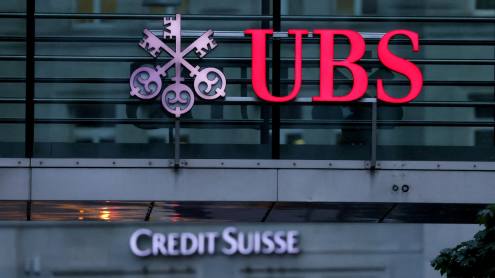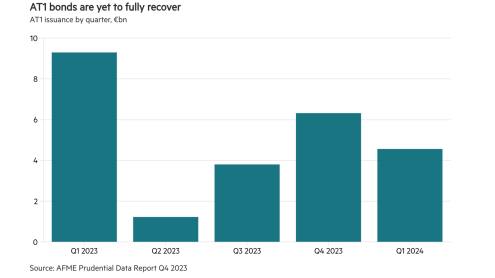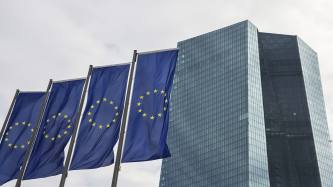AHBR was refocused on German commercial real estate and the international and the retail businesses were sold. The headcount was reduced from 350 to 180 and a social plan was agreed with worker representatives.
Karsten von Köller, chairman of Lone Star Germany and former CEO of Eurohypo, says that while a more traditional bank buyer may have been “preferred”, the government and other involved parties “have been supportive and constructive”.
There have been some bumps along the way. Having begun by selling pieces of the public sector business in autumn 2006, Lone Star decided it would be better for the market to sell the public sector business as one portfolio (with about €25bn in assets remaining).
However, because the legal procedure enshrined in the new pfandbrief law requires some interpretation and had not been tested, BaFin, the German financial regulator, felt unable to support that solution. As a result, Lone Star has been forced to sell the public sector business in small chunks.
“We have to buy back the public sector pfandbriefe in different programmes and then separately sell the assets. This may be more financially advantageous for the bank because the public sector pfandbrief business has been downgraded so the bank may be in a position to buy them back at a cheaper price.
“But the other solution – in which the entire public sector business and the pfandbrief business would be taken over by an established issuer of public sector pfandbriefe – was more elegant and would have been more favourable for the pfandbrief market.”
Mr von Köller says Lone Star has changed the whole personality of the bank, which truly opened for business at ExpoReal in Munich in autumn 2006. It has created a boutique firm that is small, flexible and entrepreneurial; in other words, a character very different to other, traditional German organisations and more in keeping with the style of its owner.
He says: “We need to have fast reactions to situations and opportunities. Dr Claus Nolting, the new CEO, will play a big role in helping the bank achieve the cultural shift it needs and to recruit the right people on the origination side.”
To complete the transformation, the bank is about to change its name. Currently, it uses the name ‘Coreal Credit’ for the loan platform, but the legal entity is soon to be rebranded Coreal (short for commercial real estate) Bank.
German banks have been agog to see what Lone Star does with AHBR in the medium to long term. Mr von Köller says that it plans to keep the business, “but not for the next 30 years”. It may follow the typical private equity strategy of three to seven years. “It depends on the development of the bank and the state of the market,” he says.
In the meantime, there are further plans to strengthen the balance sheet, with performing assets if need be. “We are also willing to buy another bank or a part of a bank in order to strengthen AHBR,” says Mr von Köller. “There is so much restructuring and repositioning happening that there will be lots of opportunities in the next two to three years.”
When Lone Star began buying non-performing loans (NPLs) in 2003 it was seen as something extraordinary, now it is beginning to be seen as an ordinary part of the evolution of business.
“Restructuring must no longer be viewed as a confession of mismanagement, but as a sign of good management,” says Mr von Köller.











